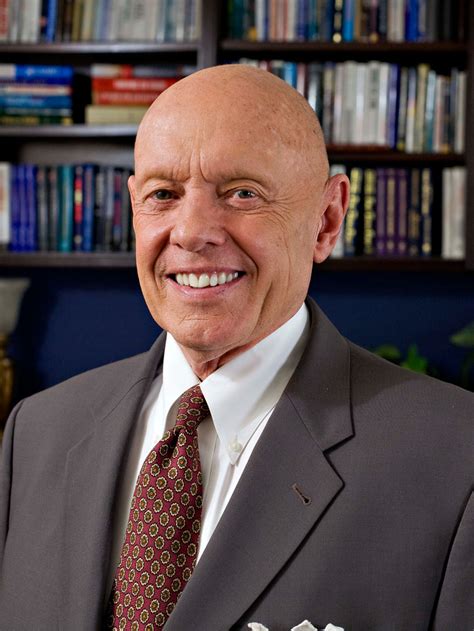A Quote by Howard Gardner
Knowledge is not the same as morality, but we need to understand if we are to avoid past mistakes and move in productive directions. An important part of that understanding is knowing who we are and what we can do... Ultimately, we must synthesize our understandings for ourselves.
Related Quotes
To transform the world, we must begin with ourselves; and what is important in beginning with ourselves is the intention. The intention must be to understand ourselves and not to leave it to others to transform themselves or to bring about a modified change through revolution, either of the left or of the right. It is important to understand that this is our responsibility, yours and mine.
There is no they, only us. We are part of a large fellowship called the human race. We all hurt the same. We all love the same. We all bleed the same. We all need understanding and care. We can't separate ourselves from one another. We are all part of the same vast sea of love, one indivisible divine mind.
Let us see that our knowledge of Christ be not a powerless, barren, unpractical knowledge: O that, in its passage from our understanding to our lips, it might powerfully melt, sweeten, and ravish our hearts! Remember, brethren, a holy calling never saved any man, without a holy heart; if our tongues only be sanctified, our whole man must be damned. We must be judged by the same gospel, and stand at the same bar, and be sentenced to the same terms, and dealt with as severely as any other men.
Of true knowledge at any time, a good part is merely convenient, necessary indeed to the worker, but not to an understanding of his subject: One can judge a building without knowing where to buy the bricks; one can understand a violin sonata without knowing how to score for the instrument. The work may in fact be better understood without a knowledge of the details of its manufacture, of attention to these tends to distract from meaning and effect.
The master-economist must possess a rare combination of gifts. He must reach a high standard in several different directions and must combine talents not often found together. He must be mathematician, historian, statesman, philosopher - in some degree. He must understand symbols and speak in words. He must contemplate the particular in terms of the general, and touch abstract and concrete in the same flight of thought. He must study the present in the light ofthe past for the purposes of the future
First, In showing in how to avoid attempting impossibilities. Second, In securing us from important mistakes in attempting what is, in itself possible, by means either inadequate or actually opposed to the end in view. Thirdly, In enabling us to accomplish our ends in the easiest, shortest, most economical, and most effectual manner. Fourth, In inducing us to attempt, and enabling us to accomplish, object which, but for such knowledge, we should never have thought of understanding.
On the ways that a knowledge of the order of nature can be of use.
See what is worth learning, and what is worth doing. Thus, you gain an understanding of what is vital, and what is not vital. You need to learn what is important and what is not important. You need to understand what will move you upwards and onwards, and what will hinder you from traveling the higher path.
We must come to understand the deep mutual connection or kinship between the various forms of our spirituality. We must recollect our original spiritual and moral substance, which grew out of the same essential experience of humanity. I believe that this is the only way to achieve a genuine renewal of our sense of responsibility for ourselves and for the world. And at the same time, it is the only way to achieve a deeper understanding among cultures that will enable them to work together in a truly ecumenical way to create a new order for the world.



































